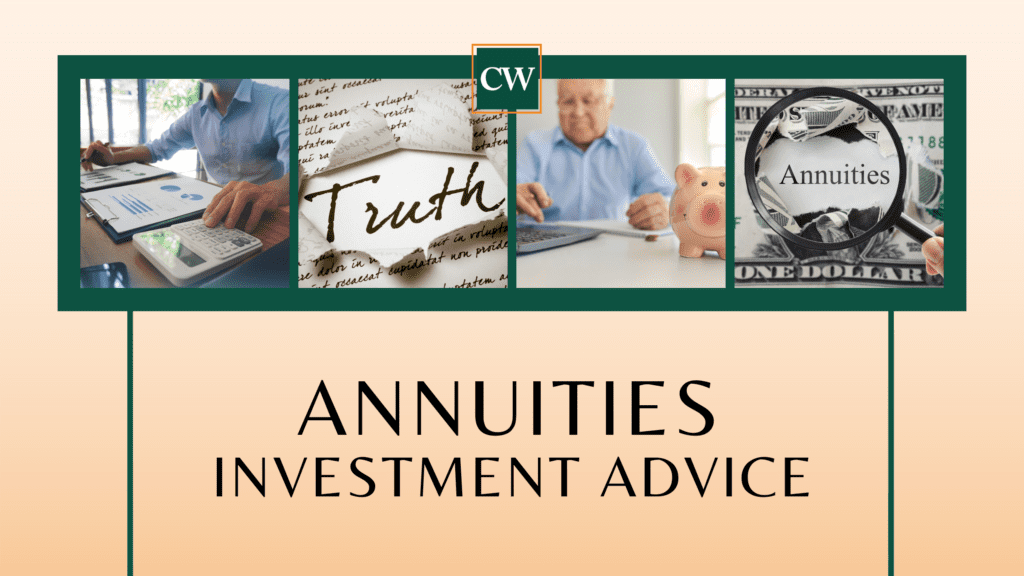Barron’s magazine’s annual Top Advisor rankings are intended to help retail investors find reputable financial advisors. However, recent revelations have raised concerns about the effectiveness of these rankings in identifying trustworthy professionals. Several advisors with Barron’s accolades have been involved in misconduct, fraud, and deceptive practices.
Below, we delve into the potential pitfalls of relying solely on Barron’s rankings and emphasize the need for caution when selecting financial advisors.
The Flaws in Barron’s Top Advisor Rankings
While Barron’s claims to thoroughly vet the regulatory records of its nominees, it appears that some advisors have slipped through the cracks. One advisor, who touted his Barron’s credentials, was permanently barred from the industry for fraudulent activities, including misleading clients and steering them toward commission accounts instead of more suitable fee accounts. This raises questions about the effectiveness of Barron’s screening process and the reliability of their rankings.
The Presence of Misconduct Among Barron’s Top Advisors
Statistics reveal that an average of 60% of advisors on Barron’s Top 100 FAs list over the past five years have had customer complaints, regulatory actions, or criminal convictions disclosed on their BrokerCheck records. In comparison, only 7.8% of all brokers reported misconduct disclosures at some point in their careers according to a study by the University of Chicago and the University of Minnesota. While customer complaints do not necessarily indicate wrongdoing, these findings highlight the need for investors to carefully consider the criteria used in Barron’s rankings and the credentials of the advisors.
Misleading Marketing and Over Inflated Claims
The impact of Barron’s rankings on investors’ decisions is significant. Investors often trust the credibility of these rankings and make investment choices based on them. However, instances of misleading marketing have been identified, such as an advisor who falsely inflated her group’s assets to attain a higher ranking. She extensively used Barron’s articles in her marketing efforts and ordered numerous copies for promotional purposes. Such practices raise doubts about the accuracy and integrity of the rankings.
The Need for Caution and Comprehensive Evaluation
Regulators and consumer groups caution against relying solely on rankings and emphasize the importance of thorough due diligence when selecting financial advisors. Barron’s rankings primarily focus on assets under management, which may not necessarily reflect the quality of advice or ethical conduct. Investors must consider factors beyond rankings, such as disciplinary history, customer reviews, and professional qualifications, when making their decisions.
The Responsibility of Barron’s
Barron’s magazine claims to revise its methodologies and rankings when listed advisors face sanctions or disciplinary actions. However, the repeated occurrence of misconduct among top-ranked advisors raises concerns about the effectiveness of these revisions. Barron’s needs to reevaluate its selection and vetting processes to ensure that the rankings genuinely represent the best financial advisors in the industry and prioritize investor protection.
While Barron’s Top Advisor rankings might serve as a starting point for investors seeking financial advice, they should not be the sole basis for decision-making. The presence of misconduct and fraudulent practices among highly ranked advisors highlights the need for caution and comprehensive evaluation. Investors must conduct thorough due diligence, considering factors beyond rankings, to ensure they choose a trustworthy and suitable advisor.
Ultimately, the responsibility lies with investors to protect their interests and make informed decisions when selecting a financial advisor.




